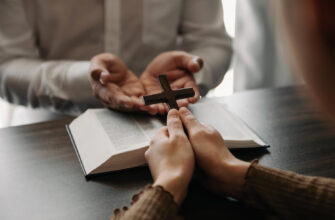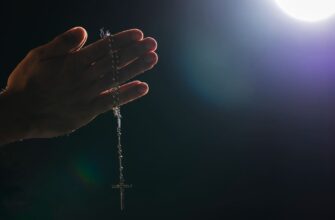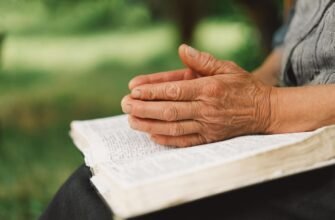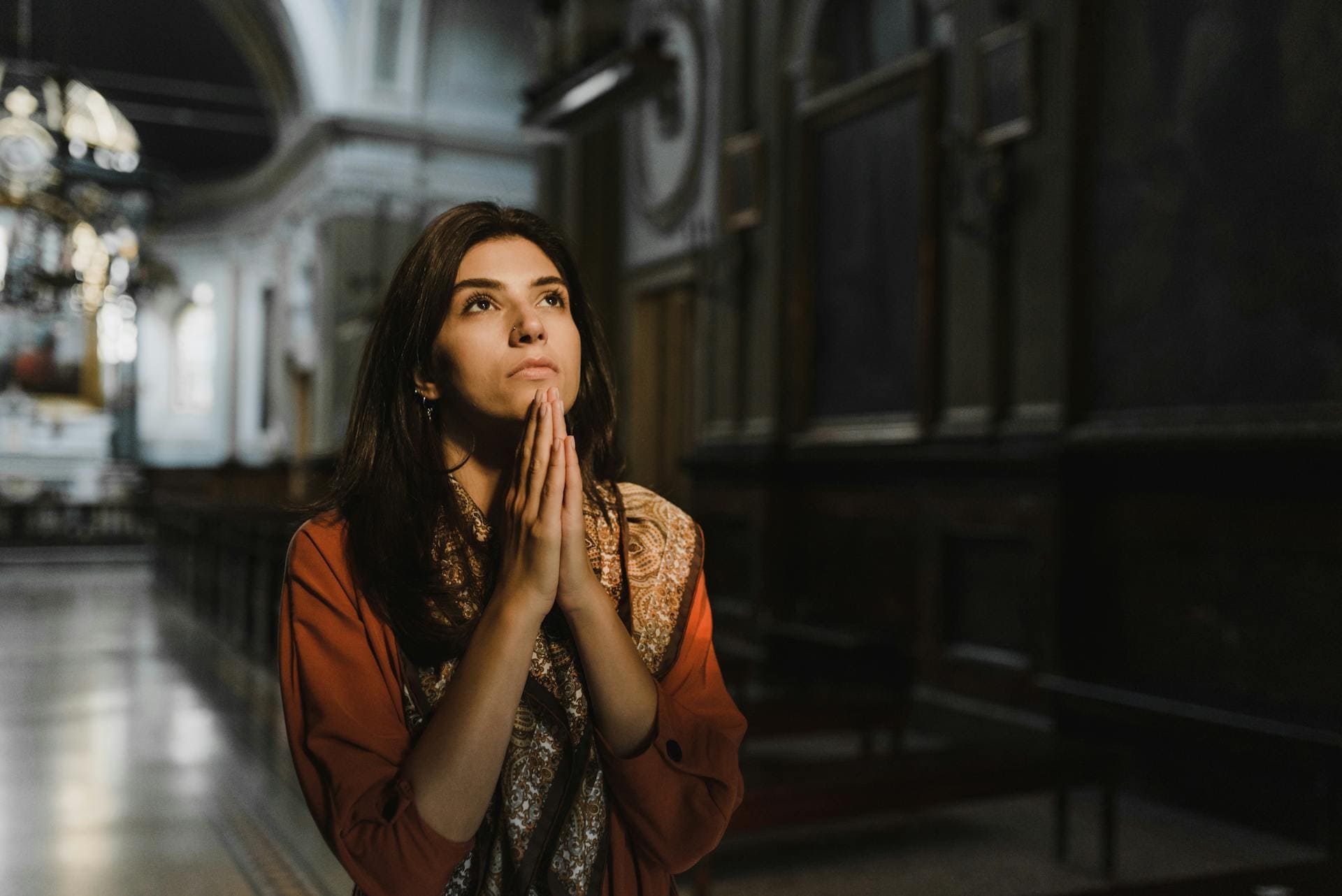Are you thinking of joining a church or a Sunday school and are wondering whether they follow your scientific views and beliefs regarding creation?
Nowadays – although any Catholic is free to believe it or not – theistic evolution, also known as evolutionary creation, is actually supported by church attendees. In the States and some other countries, it is even thought to be a part of their science curriculum.
In this article, we will look at what exactly evolution is, what are the aspects of evolution that Catholics either believe in or not, and how they came to believe in them.
What do Catholics say about evolution?
In October 2014, the head of the Roman Catholic Church, Pope Francis, stated that it is possible to believe in both evolution and God’s creation, for they are compatible with each other. In fact, it was one of his antecedents who wrote one of the best books on how evolution and the Catholic belief are intertwined: Schoenborn’s “Chance or Purpose: Creation, Evolution and a Rational Faith”.
If what biologists are saying is true, then Catholics can also believe it because evolution does not disapprove of what God has said. Rather, theistic evolution presumes that there is some entity that makes it all work. It gives the Catholics a chance to marvel at God’s creations.
Some think that where these two, faith and science, might not intertwine, they do not contradict each other either. The churches do not disapprove of evolution but rather prefer to judge it on its own without putting any elements of faith and religion into it.
What exactly is evolution?
The simplest answer: how a person or thing came into being, with modifications and a net change to our characteristics. There are three main ideas about how this happened:
- Instantaneous creation:
As the name suggests, it ideates that we came into being instantaneously, and took no time at all. It is believed that God created all, the universe, humans, plants, and animals, out of nothing over 6000 years ago.
- Atheistic evolution:
Although completely unacceptable to a religious catholic, this evolution proposes that there is no God controlling the course of action that occurs in evolution and that it all happened gradually overtime, simply by chance.
- Theistic evolution:
This type believes that creation came into being, step-by-step, gradually, but not by mere chance. It is said that there is some “divine presence” that guides all these processes. This is what Catholics mostly believe in.
Why do some Catholics not believe in evolution?
Some Catholics are uncomfortable with the idea of evolution, as they think it deviates from religion and what the bible taught them.
They claim that the teachings of evolution are false and that they do not match up with the teachings of the church. Another thing they believe is that religion and science are always at odds with each other. It is either this or that.
Other Catholics say that even if they admit that man developed from apes or whatever was present previously, they must keep in mind that man is not just a body. It has a soul, a soul that has always wholly and completely been made by God.
They are convinced that the soul does not go through any sort of evolution, but is instantaneously created by God, specifically for each of us.
When did they both intertwine?
The start of evolutionary ideas being introduced into religion would probably be with the Augustinian Monk Gregor Mendel. He entered the Brno monastery in 1843, where he discovered the basis of genetics.
Where Darwin’s theories suggested a way for the improvement of species over generations, Mendel’s work provided an explanation for how a new species could emerge on its own.
Even though they both never worked together, they were aware of each other’s workings.
Without realizing it, they both laid the foundation for all of the life sciences in the twentieth century.
Darwin saw us all as connected and believed we all had branched from a single ancestor, and Mendel tried to explain how that was possible.
Conclusion
Many people think evolution and faith are opposed. Others think nothing is further from the truth and, if faith and science seem to not go together, we either have our scientific facts wrong or are misunderstanding the bible.
Multiple schools of thought exist amongst Catholics, and they are free to choose what they believe in.







